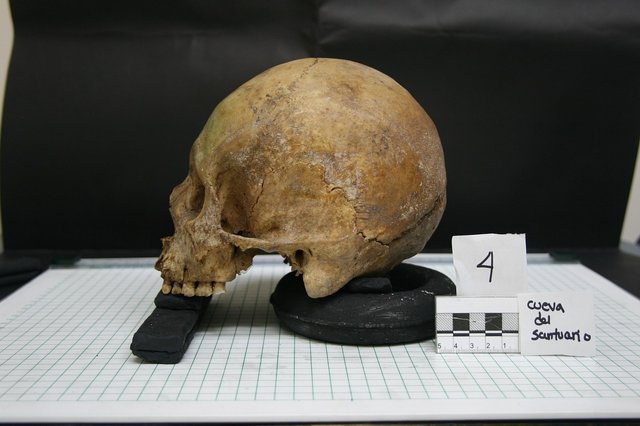Anthropology - Birth
A summary of the origins of anthropology and the distinction between physical and cultural anthropology.
Anthropology - Birth
A summary of the origins of anthropology and the distinction between physical and cultural anthropology.
- BrunaBonoonYear of BrunaBonanno
- Ominide 393 points
- STAMPA
- Anthropology
- Introduction to the Cultural Anthropology of Francesco Bonetto
- The origins of Anthropology
Anthropology studies man at the time he was a cultural developer and was born in the 18th century during the Enlightenment; even if already in the 5th century Herodotus described the uses and customs of the barbarian peoples and in the 1st century AD the Roman historian Tacitus looked with superiority at societies other than his own, observing their behaviour.
But it was only after the discovery of America, when Europeans came into contact with different populations, that the reflections on "wild" peoples took on an "ethnographic" character, which means "description of peoples" (from the Greek "ethnos" = people and "graphein" = writing).
So we began to ask questions about the origin of these peoples, so whether they wanted to be considered human or not, whether they had a healing and a family system etc....

Two important scholars who helped to make a comparison between European and indigenous culture were: Bartolomè de Las Casas, who claimed that the indigenous people should have the same rights as Europeans; and Josè de Acosta, who described the customs and psychology of Indians by narrating them in the form of novels.
But in addition to curiosity, what drove the study of these populations were also concrete reasons related to the need to know if the natives were aggressive or not, what relationship they had with nature etc....
When one began to understand that many aspects of human behavior were not inborn, a distinction was made between:
Physical Anthropology: it studies the biological and evolutionary components of different cultures.
Cultural Anthropology: studies the different cultures and traditions that are handed down.
Anthropology became a scientific discipline in 700 thanks to 3 factors:
- The first is given by the need of naturalists to classify man among the natural species, and 6 varieties were identified: European man, American man, Asian man, African man, wild man, monstrous man.
- The second was the idea of progress, according to which cultures differed according to the degree of civilization achieved.
- The third factor was the explorations, thanks to which a lot of information and finds were obtained.
Very nice article you have there! But do not forget to cite your sources and credit your images when necessary